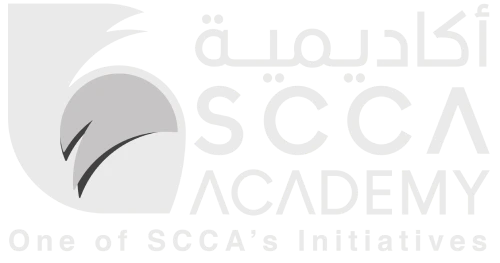
Enriching experience to explore different International Laws and Rules of arbitration including the United Nations Model Law and Rules, to enable conducting best of practice for arbitration proceedings in multiple jurisdictions.
Majeb Ali Alqahtani
Sr. Contracts Advisor, Saudi Aramco

The Arbitration Fellowship is enriching in terms of knowledge and skills. It is presented by the finest arbitration experts and based on the most important international practices in the application of arbitration laws.
Abdul Karim Al-Shamari
Lawyer and former judge

In the Mediation Program, we completed group exercises and studied real cases. It was so engaging to listen to the participants’ perspectives and learn from from their views of the problems at hand.
Ben Cowling
Partner, Clyde & Co.

The Arbitration Fellowship was my professional starting point in the world of commercial arbitration, where I became versed in international best practices in this arena.
Ahmed Qudaih
Legal counsel and certified arbitrator and mediator

The Mediation Program is extremely beneficial. It enables lawyers and others to become familiar with concepts and acquire mediation skills in a short time frame.
Bashaer Bin Yamin

The Arbitration Fellowship is a rich program. It is integrated in terms of foundations, content, and procedure, and its value is enhanced by practical examples and realistic models for discussion with an expert team of practitioners.
Abdul Karim Al-Shahrani
Director of Litigation, Communications and Information Technology Commission, Kingdom of Saudi Arabia

I have practiced law in Bahrain and Saudi Arabia for 20 years. I benefited from participating in the Mediation Program, and I hope to apply what I learned in practical contexts in the future.
Paul Mercier
Lawyer and general counsel

The Arbitration Fellowship provided me with additional knowledge that will enhance my professional performance in the construction field.
Eric Abradu
Contracts Consultant, Saudi Aramco

The Mediation Program has practical applications, and participants play the roles of the mediator and the parties to cases. I recommended it to anyone who wants to develop their practical abilities in mediation.
Eng. Thamer Al-Shammari
Project management specialist

The Arbitration Fellowship was extremely enriching. It centers on developing a culture of arbitration and preparing arbitrators. We benefited greatly from our group discussions with the lecturer and the other fellows.
Jawaher Farhan Al-Anzi
Lawyer

The Mediation Program is the first of its kind in the Gulf region. It distills mediation concepts into an intensive short course and gives participants the opportunity to apply the skills they acquire in practical contexts.
Bakr Al-Habub
Legal counsel

The Arbitration Fellowship is a value-add program for legal professionals and others. It presents a wide range of enriching knowledge and information for those interested in international commercial arbitration.
Sundus Al-Bishan
Senior international partnerships specialist

In the Mediation Program, I liked the theoretical concepts and practical applications I learned. The program was productive and could change the superficial view of mediation that some have.
Yara Al-Saegh






















































